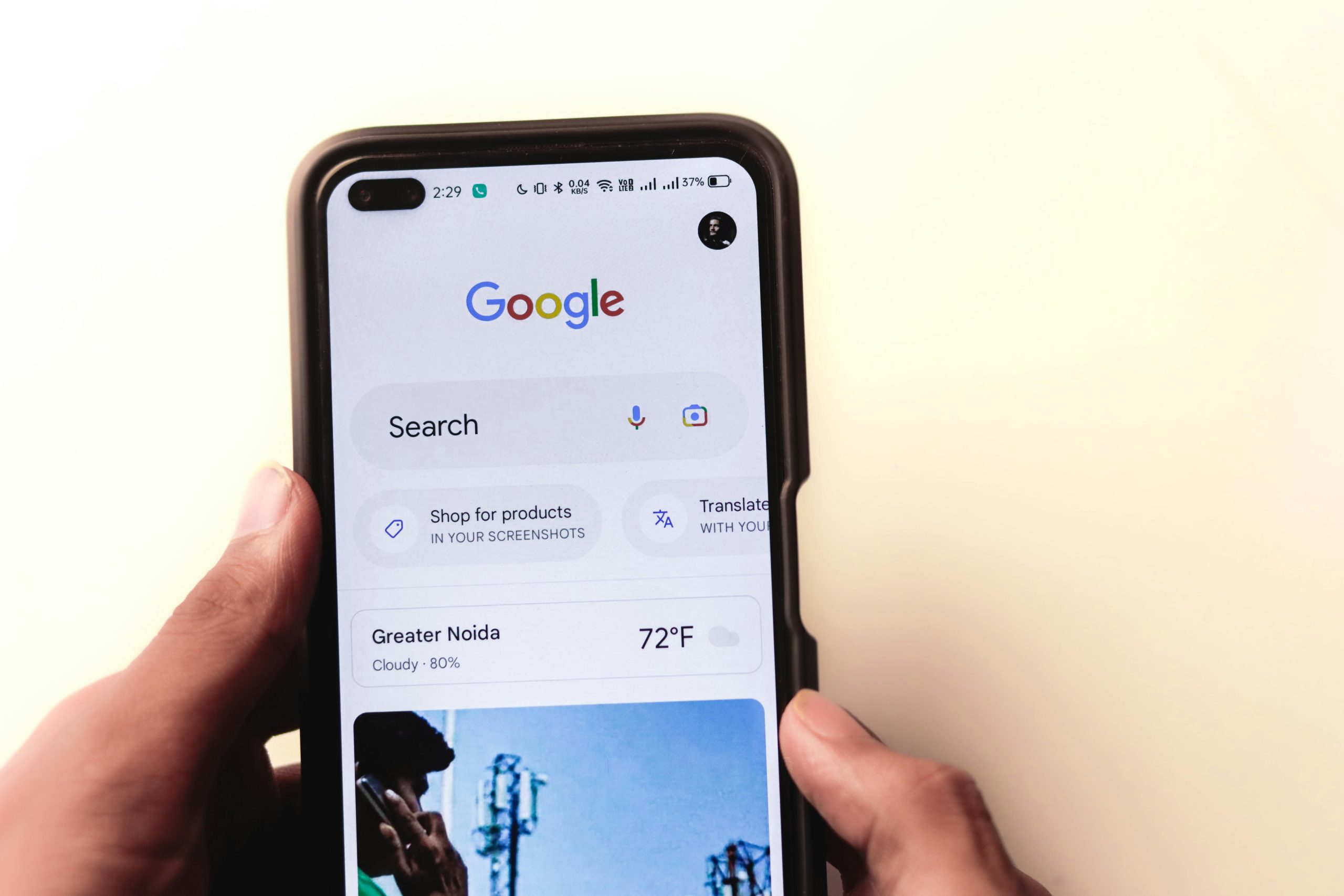Google: Transitioning from Search Engine to Answer Engine
In today’s digital landscape, Google has evolved from being a conventional search engine to what many are now referring to as an “answer engine.” This shift raises important questions about how we create and share content online.
The Quest for Zero-Click Searches
Google’s primary objective now seems to be achieving zero-click search results, where users receive answers directly on the search results page without needing to navigate away. Features like “People Also Ask” often showcase snippets of content from various websites, which limits the incentive for users to actually click through to the source. As a result, it is now possible to secure a top-three spot in search engine results pages (SERPs) and still receive no clicks at all. This trend is only projected to worsen over time.
Adapting to a New Content Strategy
Given this new environment, it’s becoming increasingly clear that the key to online success lies in producing content that thrives on platforms outside of your own domain. Just as social media giants like Twitter and Facebook have adjusted their algorithms to deprioritize external links in user feeds, Google is following suit by consolidating content on their own platform. The unfortunate reality is that businesses and content creators find themselves at a disadvantage, as these platforms keep audiences engaged without directing traffic to original sources.
After 17 years of dedicating my efforts to search engine optimization (SEO), I’ve reached a conclusion: it no longer makes sense. The landscape has shifted so dramatically that those who control substantial audiences are not incentivized to lead traffic your way.
The Diminishing Returns of Search
Enabling features like Google Labs reveals a troubling trend: images and content from various websites surface at the top of search results, often concealed behind layers of clicks that make navigating back to the original source a challenge. Moreover, AI-generated responses that pull from multiple sources further complicate matters, frequently forcing users to engage with a series of ads and additional queries before they can access the original content.
On mobile devices, for instance, the situation is even more dire, with Google Discover often replacing the second page of search results entirely. The irony of Google’s situation is hard to overlook: it continues to assert its identity as a search engine amid practices that undermine that very title.
Questioning Google’s Reputation and Future
With changes swarming in, one has to wonder why Google would risk sacrificing its once-untouchable reputation as the go-to search engine for the sake

